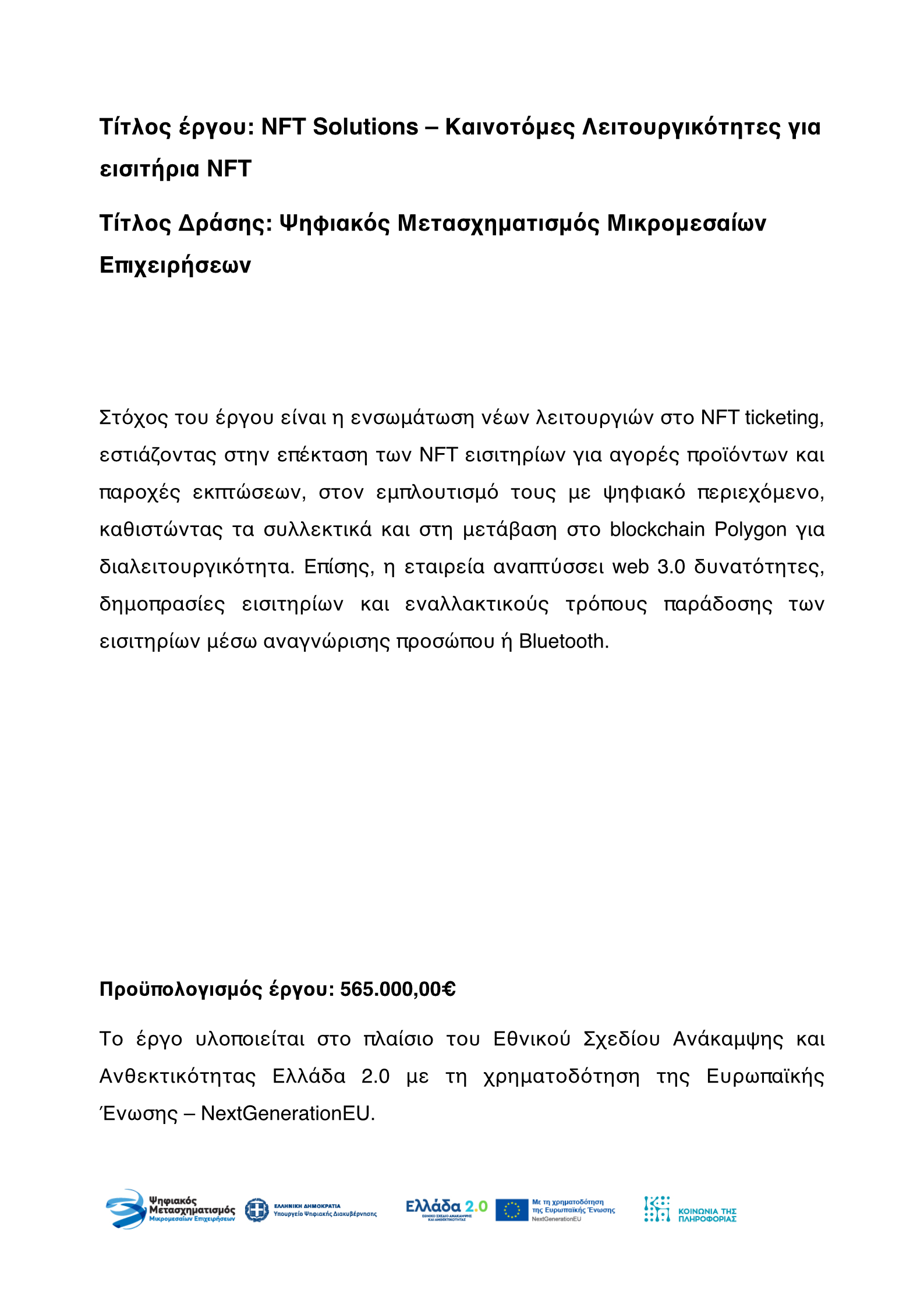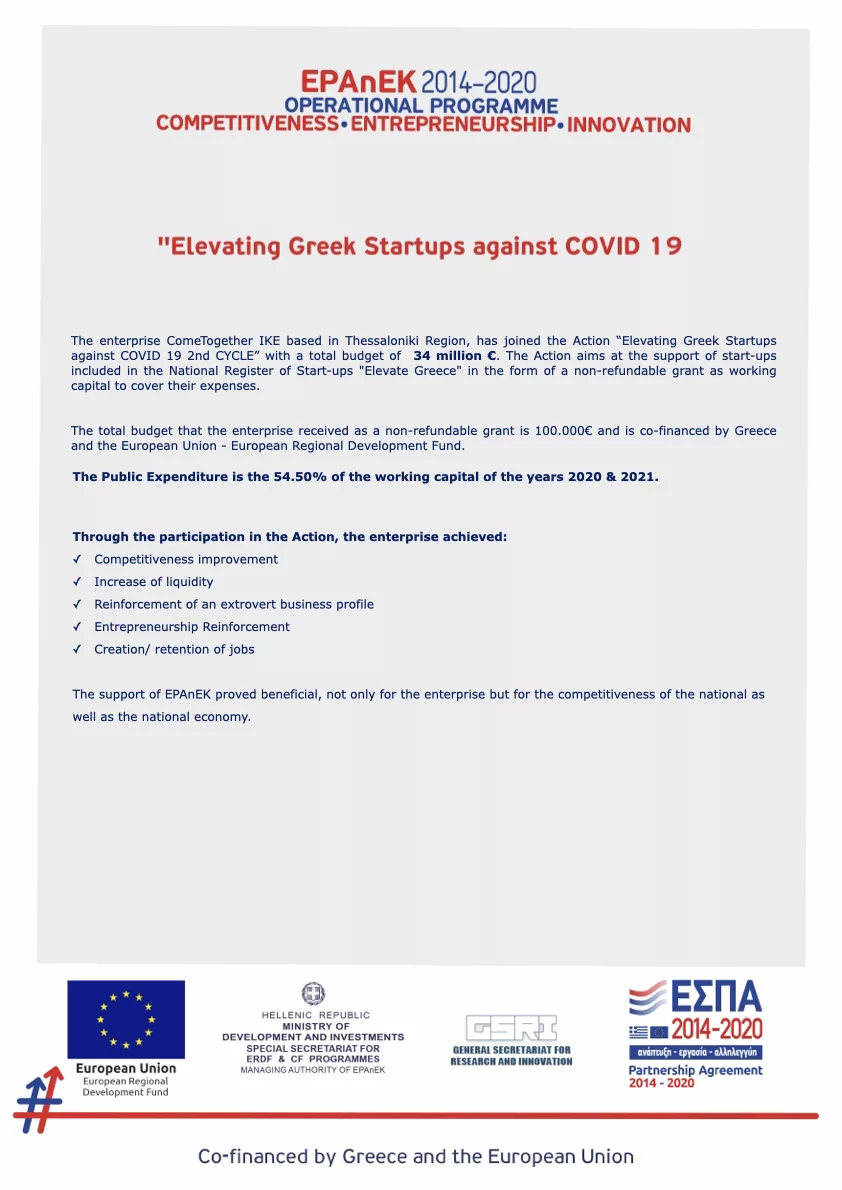A further strength of affiliate marketing is its inherent measurability. Modern affiliate platforms provide real-time dashboards that track clicks, conversions, and sales. Affiliates and organizers alike can analyze which channels, messages, and campaigns are performing best. According to industry sources, many affiliates rely on these insights to refine their strategies and maximize returns.
For organizers, this means campaigns are not only effective but continuously improving. Unlike traditional media, where results may be difficult to measure, affiliate marketing allows event teams to make evidence-based decisions. This data-driven approach ensures budgets are optimized and future campaigns are even more targeted.
Affiliate marketing also fosters community. Beyond working with established influencers, many organizers now invite attendees themselves to become affiliates. By providing attendees with referral links, organizers transform fans into promoters. Each successful referral can earn rewards, encouraging ongoing engagement and loyalty.
Over time, these grassroots networks evolve into a sustainable promotional resource. Rather than starting from scratch with every new concert, organizers can build on an expanding pool of motivated partners who already know and love their events. This not only drives immediate sales but also supports the long-term health of a brand or festival series.
In addition to boosting direct ticket sales, affiliate marketing enhances overall visibility. Affiliate-driven content—such as blog posts, reviews, or social shares—creates a broader digital footprint that strengthens search engine optimization (SEO). The more reputable sites and individuals link back to an event’s ticketing page, the more likely it is to rank highly in search results. This cumulative effect ensures that events gain exposure not only during the promotional campaign but also in the long term.
This dual benefit—sales now, visibility later—further distinguishes affiliate marketing from other promotional channels.
Finally, affiliate marketing is equally effective for physical, virtual, and hybrid music events. In the case of virtual concerts or livestream festivals, affiliates can drive registrations through digital links just as they would for physical tickets. Marketing experts note that affiliates can play a key role in promoting online events by leveraging SEO, social content, and video marketing to reach dispersed audiences. This versatility ensures that the strategy remains relevant regardless of format.
For music event organizers, affiliate marketing represents a highly strategic approach to boosting ticket sales. It combines cost efficiency with proven profitability, extends reach through trusted voices, enables precise targeting of diverse audiences, and offers flexibility in incentives and program design. By providing measurable insights, fostering community, and enhancing long-term visibility, affiliate programs deliver far more than short-term ticket sales—they help establish a sustainable promotional framework for future success.
In a marketplace where audiences are fragmented and competition for attention is fierce, affiliate marketing provides an invaluable bridge between organizers and fans. By harnessing the power of partnerships, event professionals can transform both their marketing efficiency and their audience engagement, ensuring their shows are not just attended but eagerly anticipated.




















